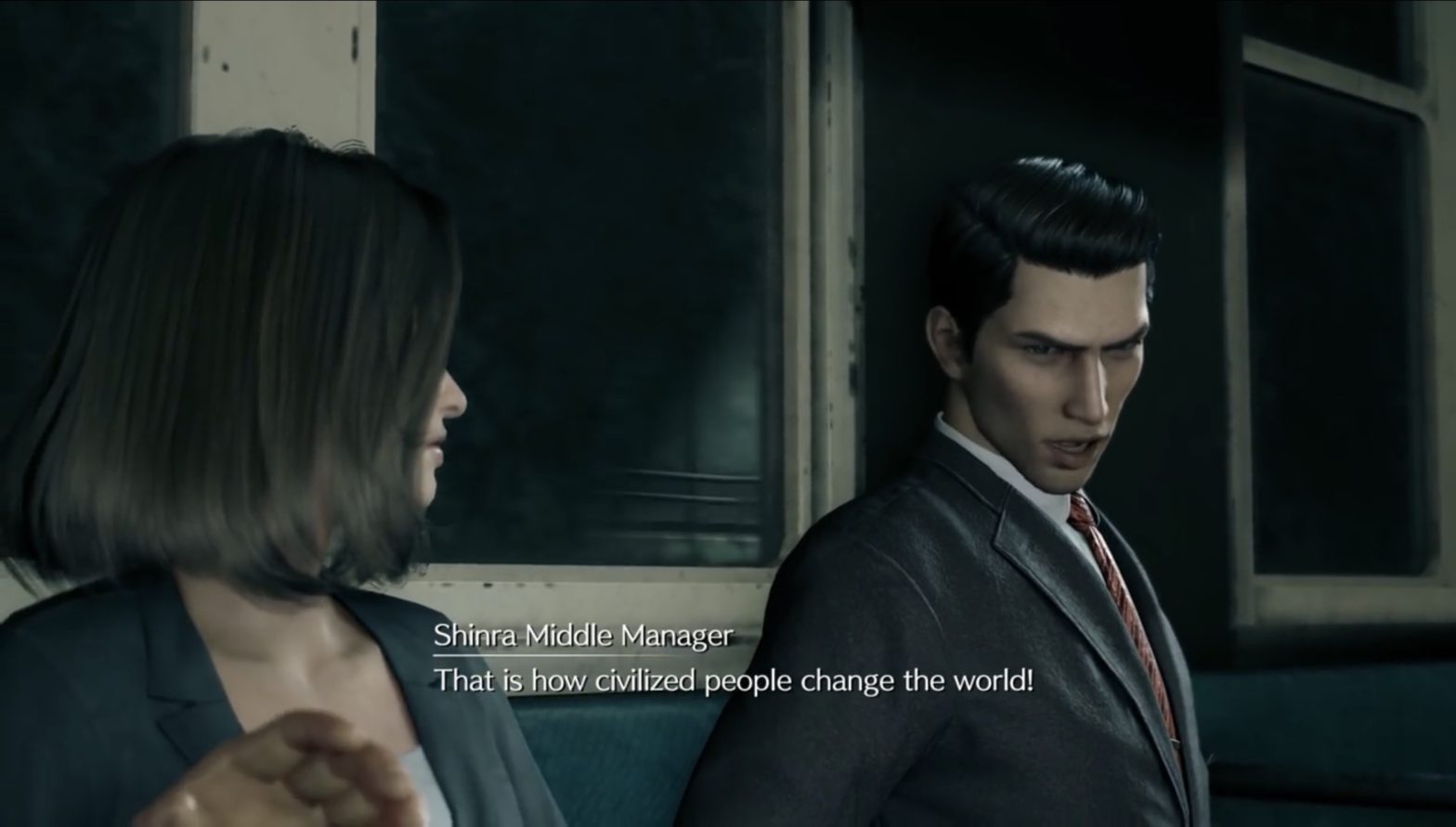Ever since I started writing No Escape (and honestly, well before), there has been a topic floating around in my mind that I’ve desperately wanted to talk about but haven’t really had the critical language to broach. Now that Final Fantasy VII Remake is out for PS4, I thought I’d try now.
When we talk about video games, we instinctually use the verb “to play” to describe our interactions with the medium. Ludology is the study of games and the mechanics of play. Every review and critical analysis of a game is ultimately based on the critic’s experience playing the game. But is play the only tool in our toolbox? Are there other ways to experience a video game? Can these alternate experiences be utilized by critics?
In other words, do you need to play a game to be able to think critically about it?
The reason this subject has been on my mind, especially lately, is because of how I used to consume video game content (and to a large extent, still do) before I owned my own means of play — through streamers and let’s-players or by reading wikis and game synopses. I’ve experienced Dead Space, the Silent Hill games, and numerous amateur “asset flip” games solely through the medium of livestreams. My primary understanding of Dark Souls comes from VaatiVidya’s explainers.
The question seems silly, as these forms of content are absolutely legitimate but also, again, the whole point of video games is that you’re supposed to play them. That’s what my brain keeps coming back to. And my own rebuttal, that sportswriters don’t need to have played basketball or baseball to understand those games, seems kind of weak.
So rather than bloviate for another 1900 words, I want to ask: what do you think?





